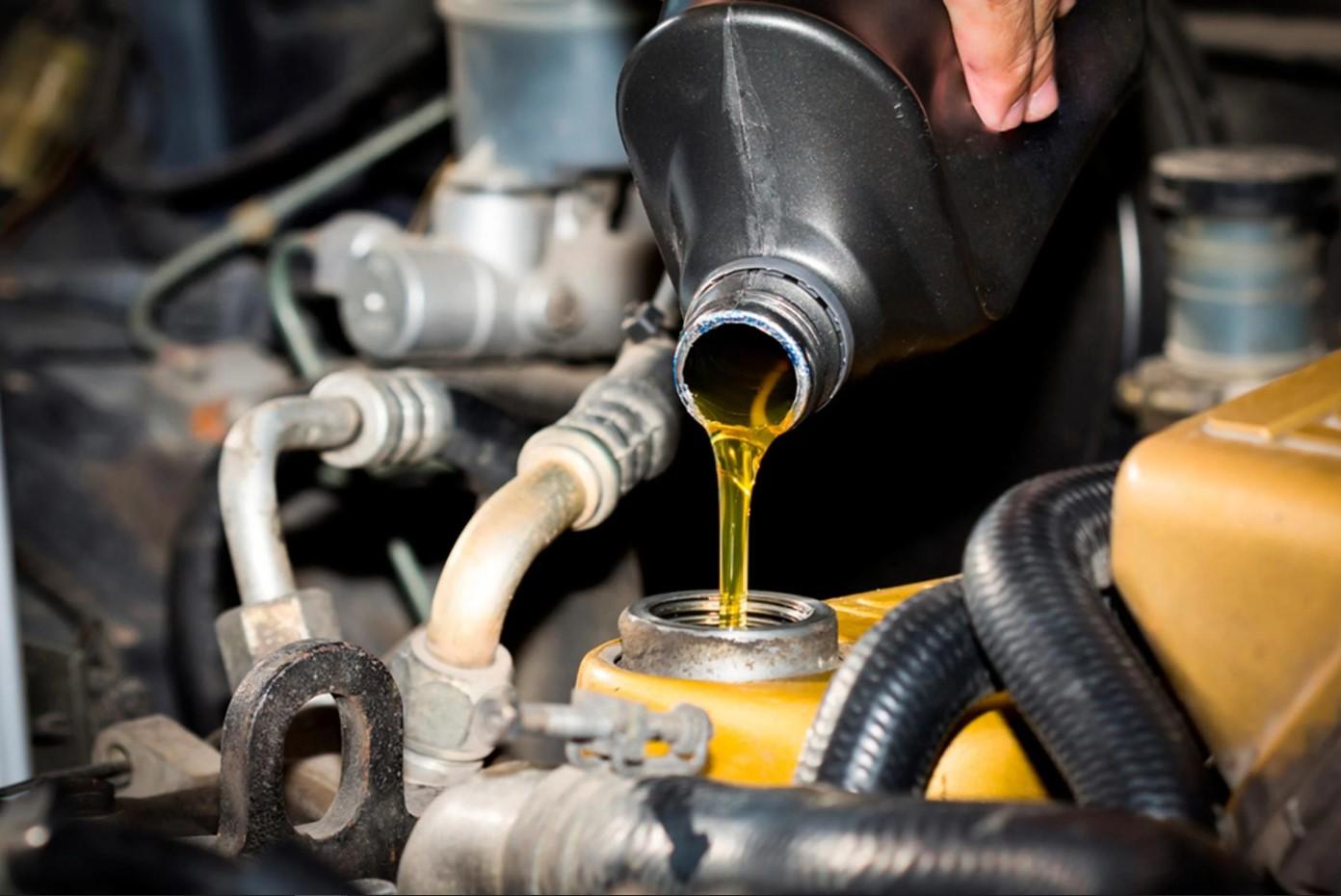Does High-Performance Oil Really Make a Difference?

When you see a bottle of high-performance or premium motor oil with claims like “maximum engine protection,” “race-proven technology,” or “ultimate performance under pressure,” it’s natural to wonder: Does this oil really make a difference—or is it just marketing?
The answer depends on your vehicle type, driving habits, and performance goals. For some drivers, high-performance oil can make a real difference. For others, it might be overkill.
Let’s break it down—what high-performance oil change, what it offers, and whether it's worth the upgrade for your engine.
🧪 What Is High-Performance Motor Oil?
High-performance motor oil is usually a premium synthetic oil that contains advanced additive packages and superior base oils. These oils are engineered to provide better protection, cleaning, and thermal stability than conventional or even standard synthetic oils.
Common traits include:
-
Full synthetic base (Group IV/V oils or advanced synthetic blends)
-
High-temperature stability (up to 500°F+)
-
Advanced detergents to reduce sludge/carbon buildup
-
Superior film strength to reduce metal-on-metal contact
-
Friction modifiers to improve efficiency and power output
⚙️ Think of it like this: high-performance oil is the athlete-grade fuel for your engine—formulated to protect and perform under extreme conditions.
🚗 Who Can Benefit From High-Performance Oil?
High-performance oil isn’t just for race cars. You might benefit from it if you:
✅ 1. Drive a Performance or Turbocharged Vehicle
Turbocharged engines run hotter and operate under higher pressure than naturally aspirated engines. High-performance oil helps:
-
Withstand turbo heat without breaking down
-
Protect small, fast-spinning parts (like turbo bearings)
-
Resist oil foaming and viscosity breakdown
Most modern turbo engines require full synthetic or high-performance oil—check your owner’s manual.
✅ 2. Live in Extreme Climates
In very hot or very cold environments, high-performance oil provides:
-
Better cold-start protection (flows faster in freezing temps)
-
Greater resistance to oxidation (won’t thin out in heat)
-
Enhanced protection during long idle or stop-and-go conditions
✅ 3. Tow, Haul, or Drive in Severe Conditions
If you tow trailers, haul loads, or drive in mountains and deserts, your engine works harder. High-performance oil:
-
Handles heat and stress better
-
Prevents breakdown during long, high-load drives
-
Reduces internal friction and engine fatigue
✅ 4. Want Maximum Longevity from Your Engine
Even if you're not racing, using high-quality oil reduces wear and keeps the engine cleaner over time—especially for high-mileage vehicles or those you plan to keep for 150,000+ miles.
📊 Does It Really Perform Better? (The Science)
Yes—here’s how high-performance oil stands out in lab testing and real-world use:
|
Property |
Standard Oil |
High-Performance Oil |
|
Viscosity Stability |
Good |
Excellent under extreme temps |
|
Sludge & Deposit Control |
Moderate |
Superior detergents keep engine clean |
|
Oxidation Resistance |
Moderate |
High resistance to thermal breakdown |
|
Wear Protection |
Basic anti-wear agents |
Advanced zinc/phosphorus additives |
|
Friction Reduction |
Minimal |
Lower internal resistance |
|
Drain Interval Potential |
3,000–7,500 miles |
7,500–15,000+ miles (varies) |
In controlled engine tests, high-performance oils often result in:
-
Up to 50% less wear on critical engine components
-
Lower engine temperatures under load
-
Improved oil pressure stability
-
Cleaner pistons and valve trains
🏁 What About Racing Oils?
“Racing oils” are often high in ZDDP (zinc and phosphorus anti-wear additives), and have very different properties—like less detergent and shorter drain intervals. They’re built for engines running at full throttle, high RPM, and short intervals, like in track cars.
However, these are usually not recommended for daily drivers due to:
-
Low cleaning detergents
-
Short oil life
-
Compatibility issues with modern emissions systems (they can damage catalytic converters)
🏎️ Only use racing oil if your vehicle is track-only and not street-driven.
🧾 Is It Worth the Extra Cost?
High-performance oils typically cost 25–100% more than standard oil. For many drivers, the extra cost may not be necessary. But here’s when it makes sense:
💡 High-Performance Oil Is Worth It If:
-
Your vehicle requires synthetic oil or has tight tolerances
-
You drive hard, tow, or regularly travel in hot/cold climates
-
You want to extend drain intervals (with proper oil monitoring)
-
You plan to maximize engine lifespan
-
You’ve modified your engine (tuning, turbo kits, etc.)
🧾 Not Worth It If:
-
You own an older, low-value car just getting around town
-
Your owner’s manual recommends conventional oil
-
You drive short distances only and change oil frequently anyway
-
You’re not keeping the vehicle long-term
🔍 How to Choose a Quality High-Performance Oil
Look for:
-
API SP or Dexos Gen 2/Gen 3 certified
-
Full synthetic (not synthetic blend)
-
Brand reputation (Mobil 1, Amsoil, Royal Purple, Red Line, Pennzoil Ultra, etc.)
-
Match viscosity and spec to your owner's manual
Avoid vague "high mileage" or “premium” claims unless backed by data or a brand with proven results.
✅ Final Verdict: Does It Make a Difference?
Yes—for the right vehicle and driver, high-performance oil can absolutely make a difference in wear protection, thermal stability, and engine cleanliness.
-
If you push your engine hard or want long-term reliability, it’s a smart investment.
-
If your car is a basic commuter, using regular synthetic or even conventional oil changed on schedule is often more than enough.
🚘 Bottom line: Use what your vehicle requires, not what’s trendy. But if performance, longevity, or severe driving are part of your routine, high-performance oil is worth every drop.
- Art
- Causes
- Crafts
- Dance
- Drinks
- Film
- Fitness
- Food
- Παιχνίδια
- Gardening
- Health
- Κεντρική Σελίδα
- Literature
- Music
- Networking
- άλλο
- Party
- Religion
- Shopping
- Sports
- Theater
- Wellness



